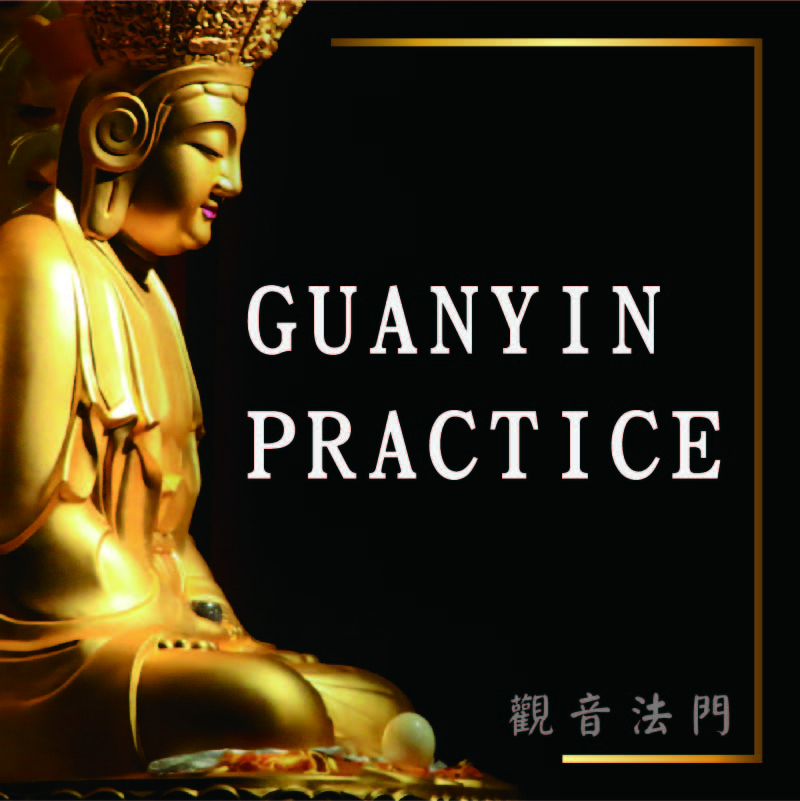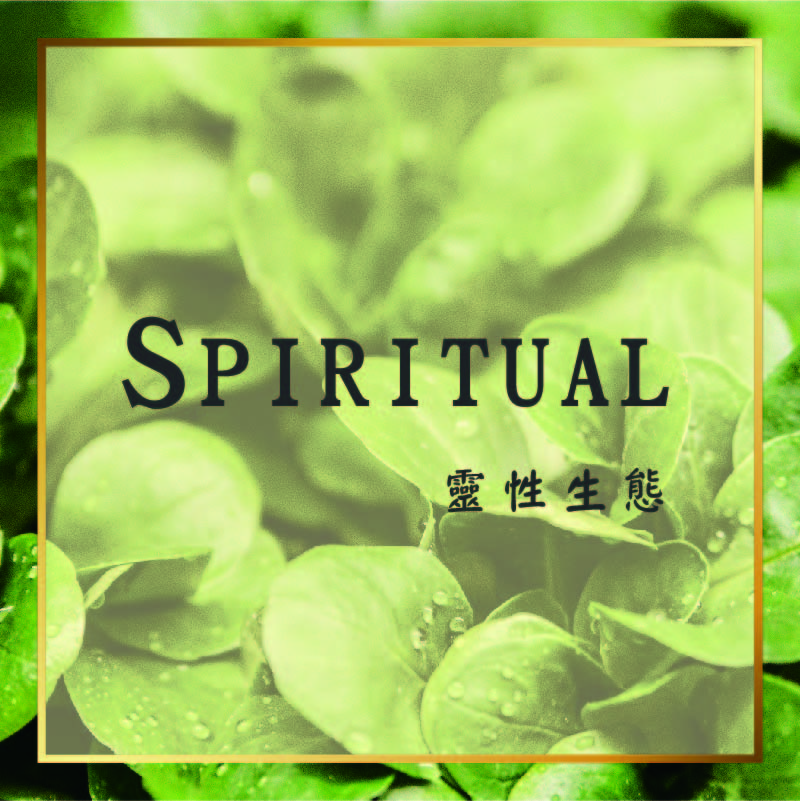
Mind at Peace, All Beings Return to Oneness
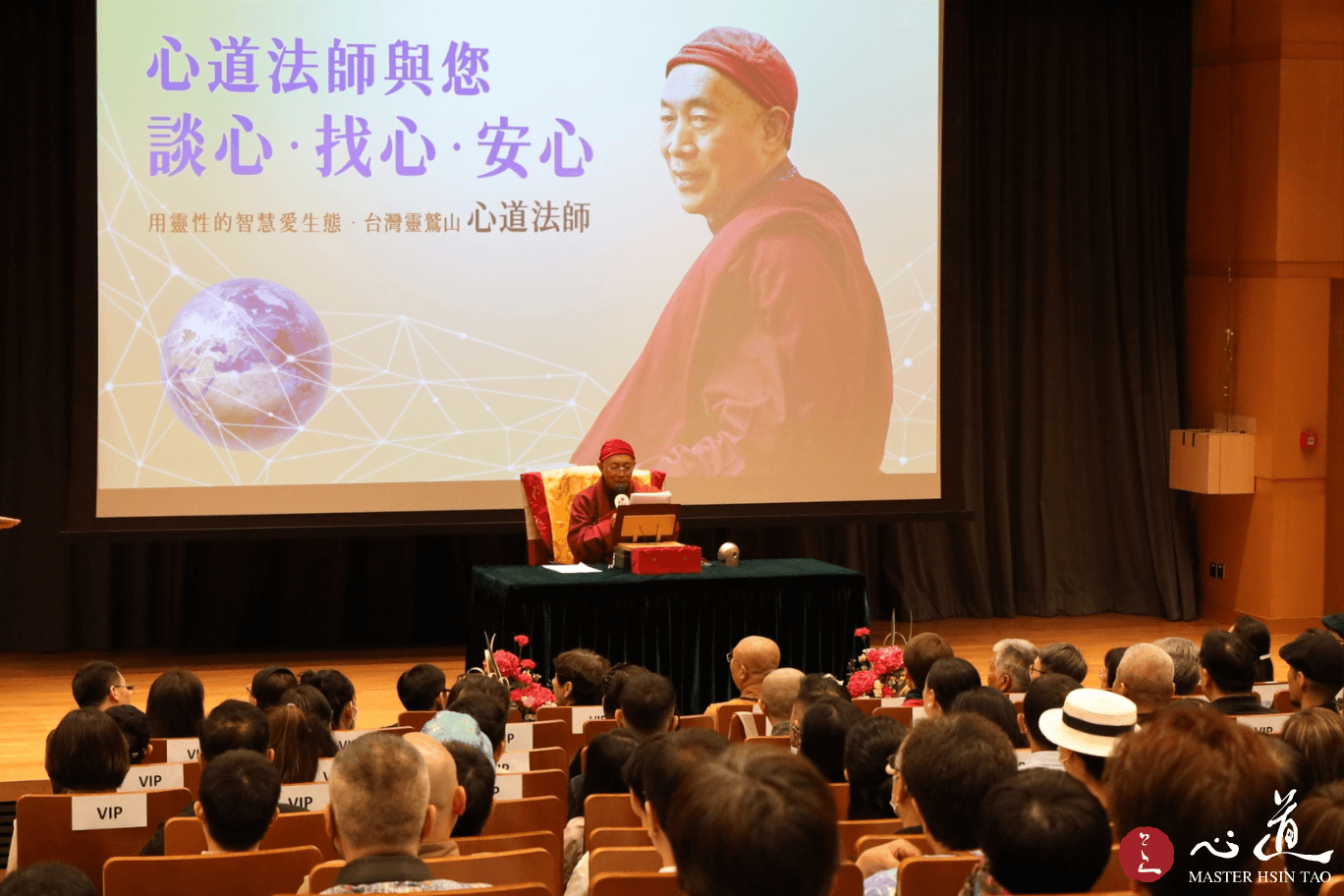 Today, May 19, 2024, we are honored to convene at the University of Hong Kong to present our findings and urgent appeal concerning the global ecological crisis. Hong Kong, as a nexus of globalization characterized by its fast-paced lifestyle and close relations with the international community, is uniquely positioned to better comprehend the severity of the current global predicament.
Today, May 19, 2024, we are honored to convene at the University of Hong Kong to present our findings and urgent appeal concerning the global ecological crisis. Hong Kong, as a nexus of globalization characterized by its fast-paced lifestyle and close relations with the international community, is uniquely positioned to better comprehend the severity of the current global predicament.
The most pressing global challenges confronting contemporary society are climatic anomalies and ecological degradation. Humanity and all beings face unprecedented existential threats. Today, our primary focus is to elucidate about the causal factors of this crisis and potential resolutions.
Once, our ecosystem offered remarkable comfort and beauty with verdant mountains, clear waters, and abundant vitality. However, we now witness constant natural and man-made disasters with oscillating extremes of floods and drought, frequent windstorms and fires, disrupted seasonal patterns, and reproductive challenges across species. These ecological perturbations are exacerbated by escalating geopolitical tensions with concomitant nuclear risks. What has precipitated this trajectory toward ecological and human extinction? The fundamental problem resides in the spiritual dysfunction of humanity.
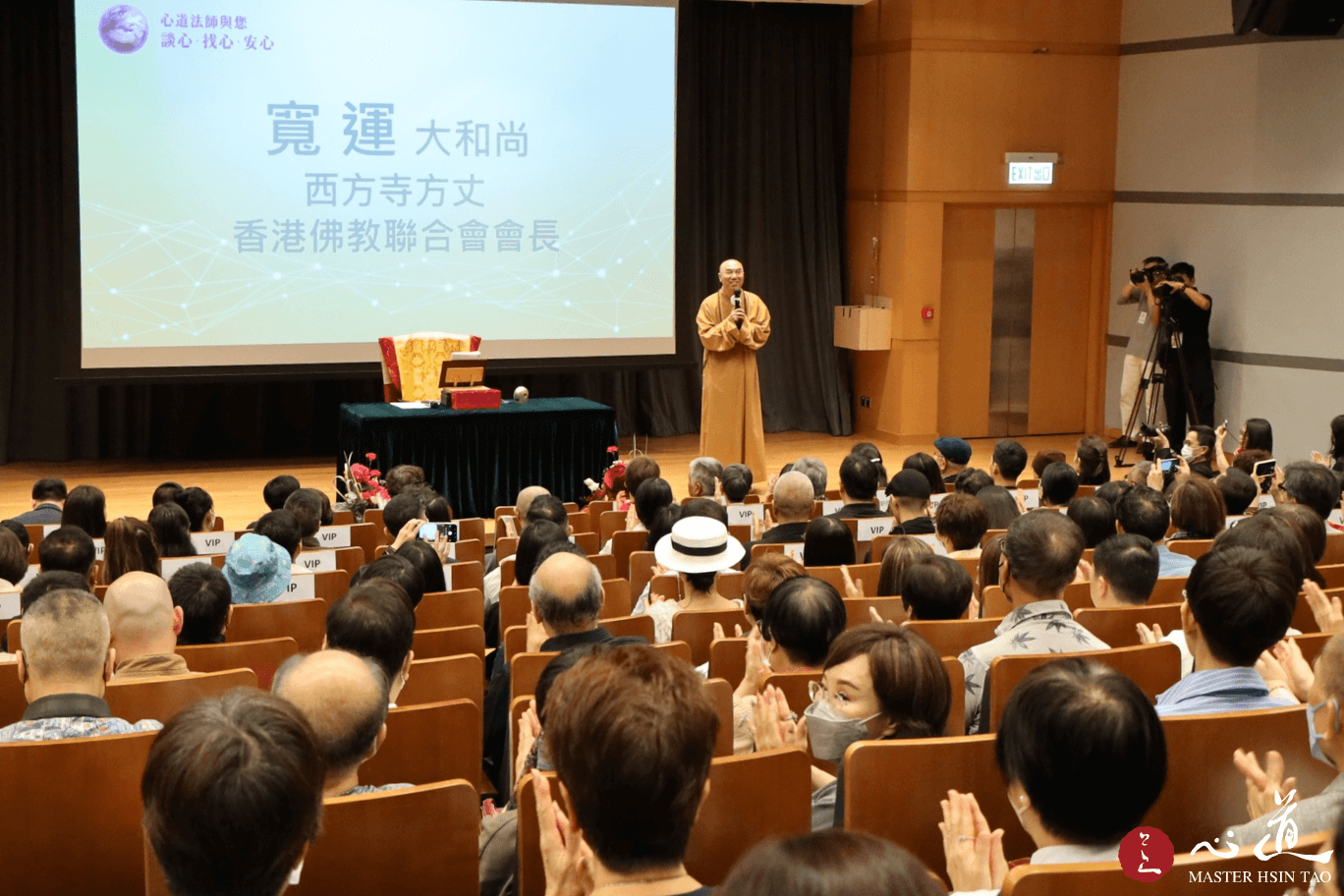 The essence of spirituality is its nature free from conceptual elaboration—an utterly pure state. Unfortunately, under the influence of ignorance, humanity has long forgotten about their original face that is pure and devoid of fabrications, subsequently give rise to five destructive mental factors: greed, aversion, ignorance, pride, and doubt. These factors defile motivations and the subsequent actions leading to the disruption of the phenomenal world constituted by earth, water, fire, wind, and space. This is the consequence when the mind is obscured by greed and mere intellectual knowledge.
The essence of spirituality is its nature free from conceptual elaboration—an utterly pure state. Unfortunately, under the influence of ignorance, humanity has long forgotten about their original face that is pure and devoid of fabrications, subsequently give rise to five destructive mental factors: greed, aversion, ignorance, pride, and doubt. These factors defile motivations and the subsequent actions leading to the disruption of the phenomenal world constituted by earth, water, fire, wind, and space. This is the consequence when the mind is obscured by greed and mere intellectual knowledge.
Consciousness is one aspect of the mind, and the spiritual source or the primordial state of the mind is within every being, in divine entities, in enlightened buddhas, and so forth. If one realizes the original face, it is the unchanging and natural state free of elaboration. If one generates a virtuous motivation, it fosters reciprocal beneficence; when non-virtuous, the actions become destructive.
Humans possess an acquisitive disposition, generating insatiable exploitation and conflicts. Opposition and animosity intensify aversion and hatred that lead to rivalry and hostile destruction. Ignorance is shown with obstinacy, attachment, and possessiveness; while doubt catalyzes suspicion and mistrust; and pride gives rise to arrogance. Collectively, these factors interact to exacerbate conflict.
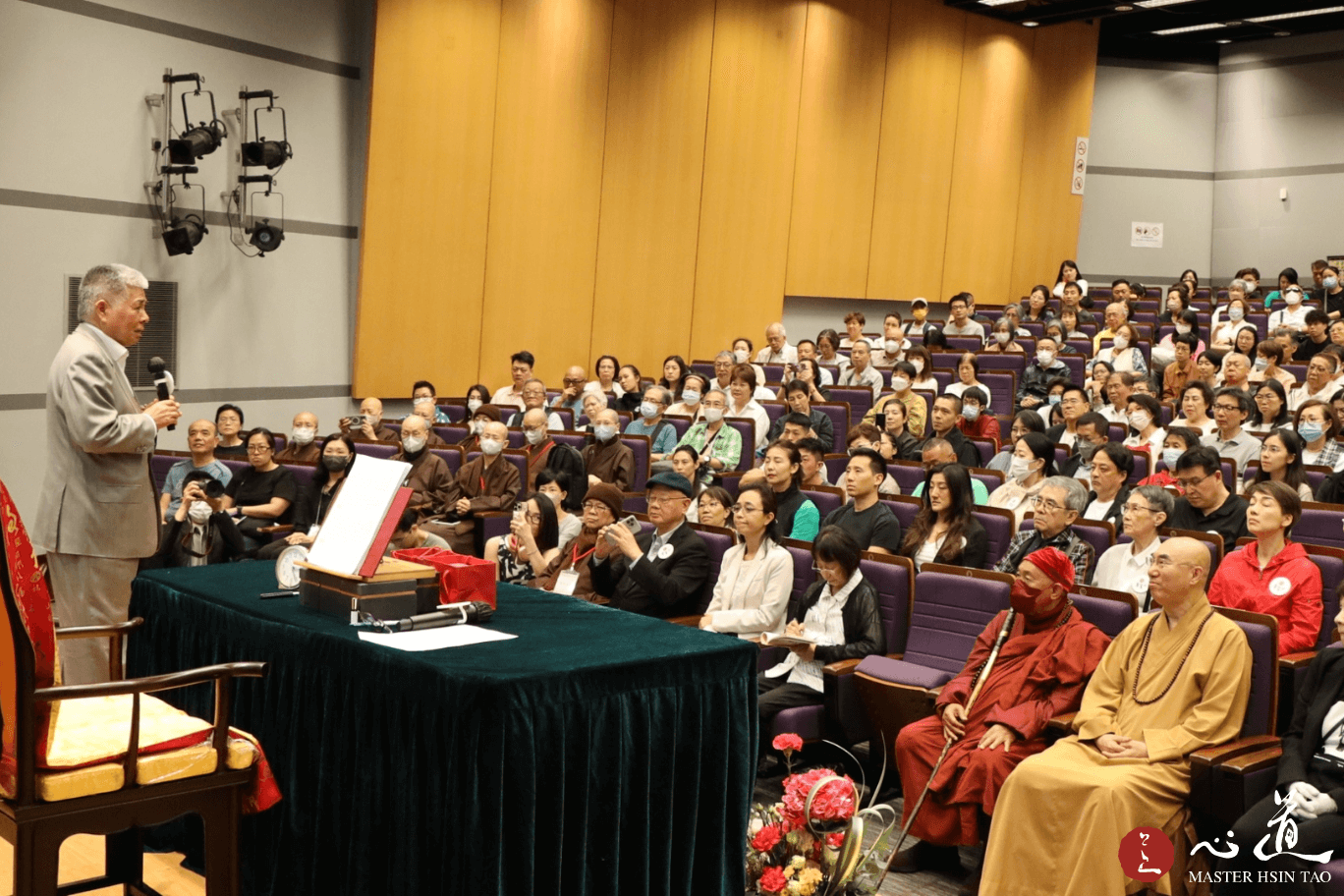 Greed, aversion, and ignorance constitute the primary drivers of humanity’s insatiable depletion of terrestrial resources, precipitating resource competition and antagonism. Pride and doubt reinforce these three poisons, intensifying human acquisitiveness and egocentrism, thereby diminishing our recognition and respect to the value of other species’ existence. Through human activities driven by these five poisons, the ecological integrity has been severely compromised: greed has exploited it, aversion has destroyed it, ignorance has appropriated it. Collectively, they propel the biodiversity toward extinction.
Greed, aversion, and ignorance constitute the primary drivers of humanity’s insatiable depletion of terrestrial resources, precipitating resource competition and antagonism. Pride and doubt reinforce these three poisons, intensifying human acquisitiveness and egocentrism, thereby diminishing our recognition and respect to the value of other species’ existence. Through human activities driven by these five poisons, the ecological integrity has been severely compromised: greed has exploited it, aversion has destroyed it, ignorance has appropriated it. Collectively, they propel the biodiversity toward extinction.
Moreover, excessive crude oil extraction poses significant challenges to soil environment, which is one factor contributing to the acceleration of glacial melting. Avalanches, seasonal irregularities, and other forms of ecological disturbance impede normal seed germination, species reproduction and growth, ultimately leading to extinction. The loss of species directly threatens humans well-being as we rely on ecosystem services for critical provisions such as food can therefore also be compromised, potentially culminating in human extinction if left unaddressed.
Additionally, contemporary geopolitical conflicts, exemplified by hostilities between Russia and Ukraine; Israel and Palestine, generating military greenhouse gas emissions that contributes to rising temperature of global warming. Continued aggressions may trigger nuclear detonation, potentially resulting in planetary and human annihilation.
To change these circumstances, our consciousness must be redirected toward purity and virtue, establishing a sustainable rather than destructive paradigm. Restoring consciousness to its inherently purity necessitates “observing the mind, discovering the mind, and stabilizing the mind.”
 How does one see and identify the mind? Through contemplation and non-attachment to external notions, internal contemplation cultivates introspective and perceptive capacities, clearly revealing the relationship between the mind and the five poisons. As contemplative proficiency deepens and stabilizes, one progressively transcends the constraints of the five poisons, relinquishing desires and attachments, a process termed “being free from notions.” When our consciousness disengages from phenomenal confusion and returns to its inherent nature, transforming into the pure and primordial awareness, we discover the mind at is primordial state, and subsequently rest in a natural state of ease.
How does one see and identify the mind? Through contemplation and non-attachment to external notions, internal contemplation cultivates introspective and perceptive capacities, clearly revealing the relationship between the mind and the five poisons. As contemplative proficiency deepens and stabilizes, one progressively transcends the constraints of the five poisons, relinquishing desires and attachments, a process termed “being free from notions.” When our consciousness disengages from phenomenal confusion and returns to its inherent nature, transforming into the pure and primordial awareness, we discover the mind at is primordial state, and subsequently rest in a natural state of ease.
Upon uncovering our true mind, we would recognize the relationship between humanity and ecology as equal and collaborative—an interdependent biodiversity characterized by interconnectedness, and mutual support to thrive. This understanding enables us to “respect the value of every being, embrace our shared space, and work together to create a thriving world of peace.”
Two decades ago, during the planning of the Museum of World Religions, we coordinated diverse faith traditions under the principles of “respect, tolerance, and love” to promote peace and ecological preservation. Currently, we are developing on the University for Life and Peace in Myanmar, employing educational approaches to establish spiritual ecology—a comprehensive theoretical and practical system integrating diverse disciplines and cultivating capable individuals to address these challenges, including environmental protection. Simultaneously, we promote spiritual awakening, establishing harmonious human-ecological coexistence as the core principle, educating humanity on ecological respect.
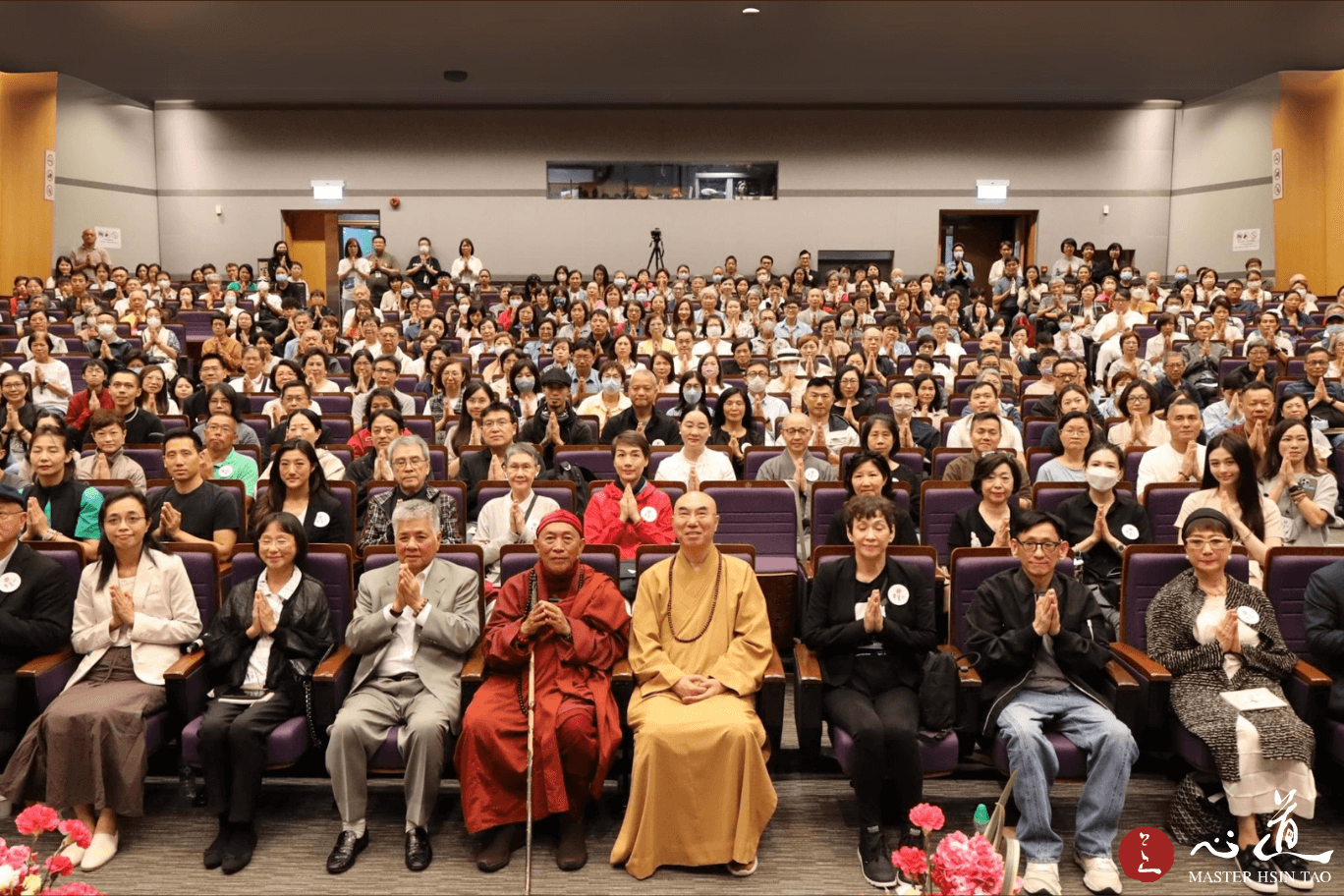 Our current endeavor involves propagating the “Spiritual Awakening Movement.” Only through spiritual awakening can we cultivate develop wisdom and loving-kindness, which alone can dissolve greed, aversion, and ignorance. Loving-kindness marks the commencement of ecological appreciation. The ecosystem is universally indispensable, without it, sustainability is unattainable. All religions bear particular responsibility for ecological protection and preservation, enhancing ecological vitality while coordinating interdisciplinary efforts to safeguard the existence and sustainability of all beings.
Our current endeavor involves propagating the “Spiritual Awakening Movement.” Only through spiritual awakening can we cultivate develop wisdom and loving-kindness, which alone can dissolve greed, aversion, and ignorance. Loving-kindness marks the commencement of ecological appreciation. The ecosystem is universally indispensable, without it, sustainability is unattainable. All religions bear particular responsibility for ecological protection and preservation, enhancing ecological vitality while coordinating interdisciplinary efforts to safeguard the existence and sustainability of all beings.
Each individual represents a seed, and every seed must cultivate and propagate peace and love. With ecological stewardship is imperative, only through sustainability can human civilization endure.









